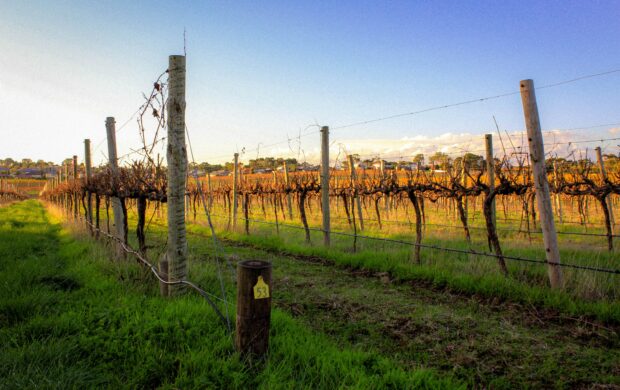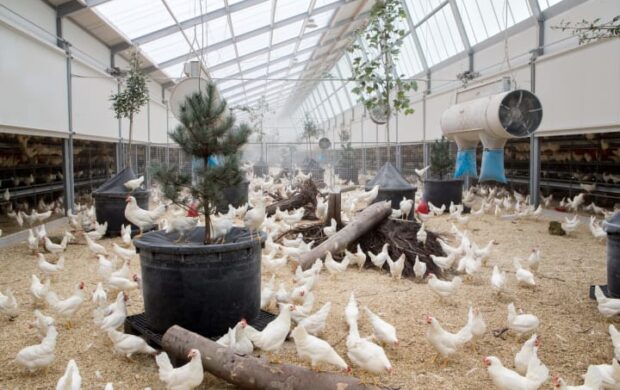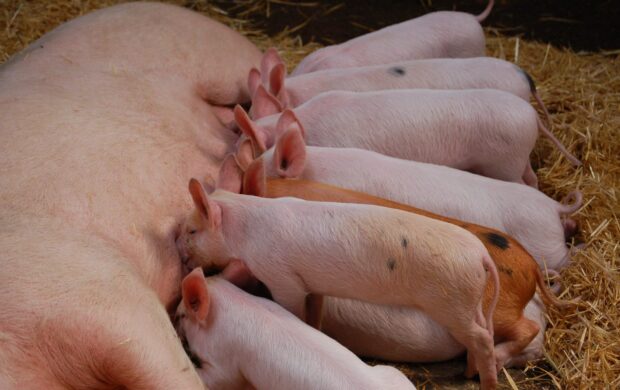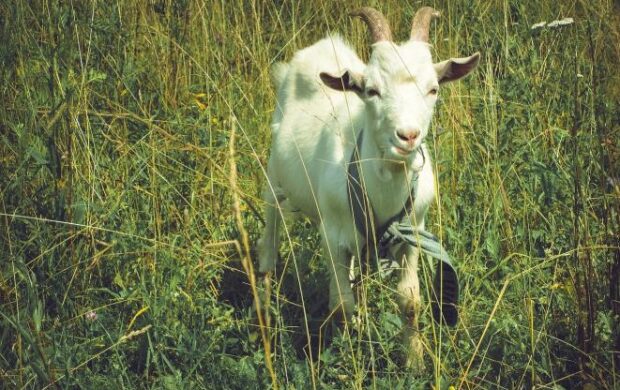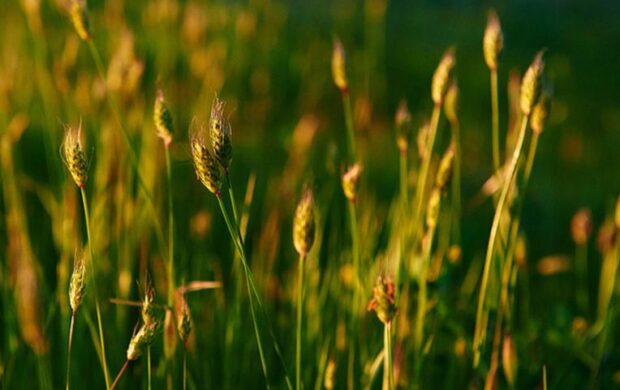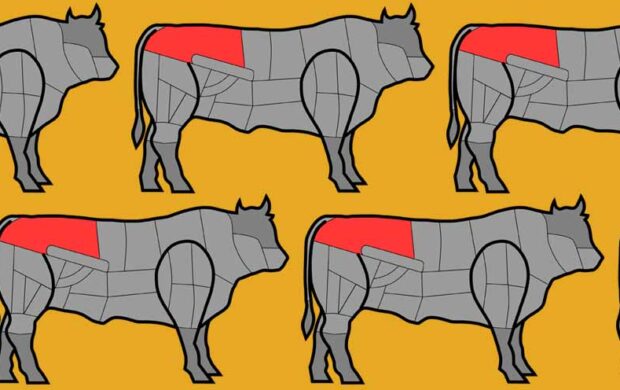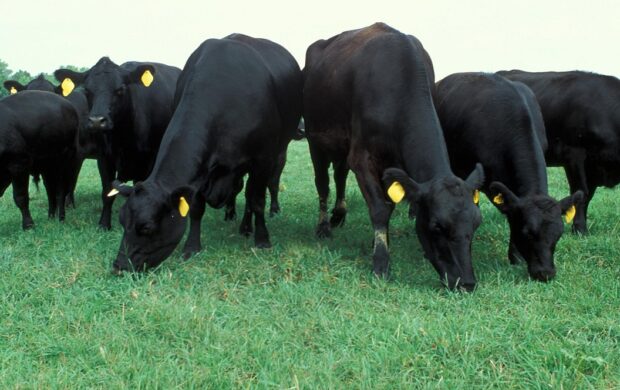Researchers have found that ordinary brown seaweed synthesises a compound called phlorotannins. This substrate has the ability to kill a sort of bacteria that often emerge among farm animals living in confined space. Depending on the species of seaweed, the different bactericides produced are less or more efficient in their medical power.
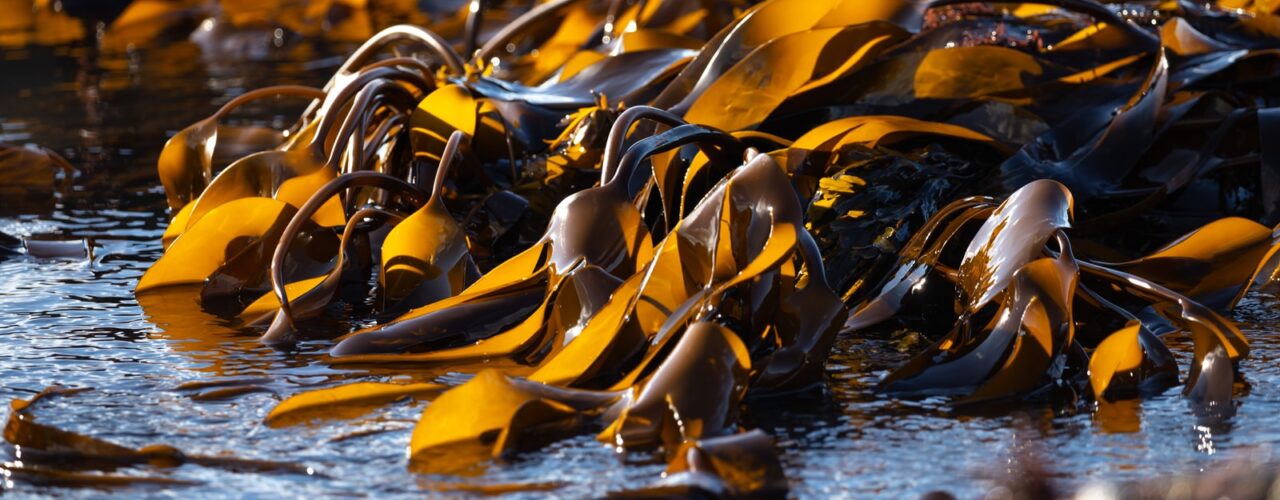
Seaweed grows in the ocean and can be harvested from natural stock. To fight the bacteria the plant doesn’t need any additional treatment or substances – it appears to be a natural opponent to this type of bacteria. The effect of the specific feed was discovered due to the especially healthy meat of the Scottish North Ronaldsay sheep: this breed of sheep has been fed only seaweed for generations.




